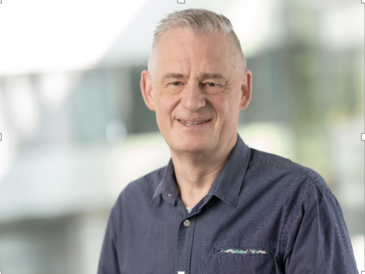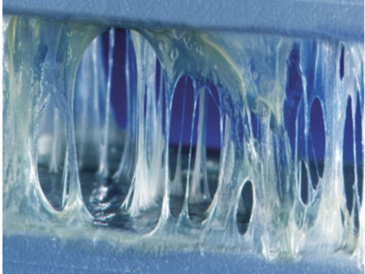With reducing availability of fossil carbon sources and climate change we need to ask ourselves were to get the carbon for our organic materials from in future. Beside use of recycled materials the direct and indirect use of carbon dioxide will be the solution. How to realize this will be shown in examples and future perspectives for adhesives as example. Indirect use of carbon dioxide is usually the utilization of biobased raw materials. They are often taken directly from plants or in slightly modified form, e.g. epoxidized unsatturated plant oils. In other cases theses raw materials are gained from biotechnological processes like fermentation. The direct use of carbon dioxide is less common as it is always an energy intensive process. This will change as soon as we have enough green electricity. For the example of polyurethanes it will be shown how this might work.
Prof. Dr.Andreas Hartwig Studied of Chemistry and doctoral thesis at Cologne University; Postdoc at Twente Universiteit, The Netherlands; since 1992 scientist at Fraunhofer-IFAM; since 1998 foundation and head of the department “Adhesives and Polymer Chemistry”; 2006 Habilitation at University of Bremen for Macromolecular Chemistry, followed by Professorship in 2012; since 2007 Deputy Director of Fraunhofer-IFAM; between June 2009 and July 2010 acting director of Fraunhofer-IFAM; Research interests: adhesive bonding, adhesives chemistry, adhesion science, fibre reinforced plastics, thermosetting polymers, renewable raw materials, debonding on demand, ecological aspects of adhesive bonding, supramolecular concepts, nanocomposites, adhesive bonding in medicine Independently on the source of raw materials, adhesives need to have balanced relation between adhesion and cohesion beside fulfilling numerous other requirements.



